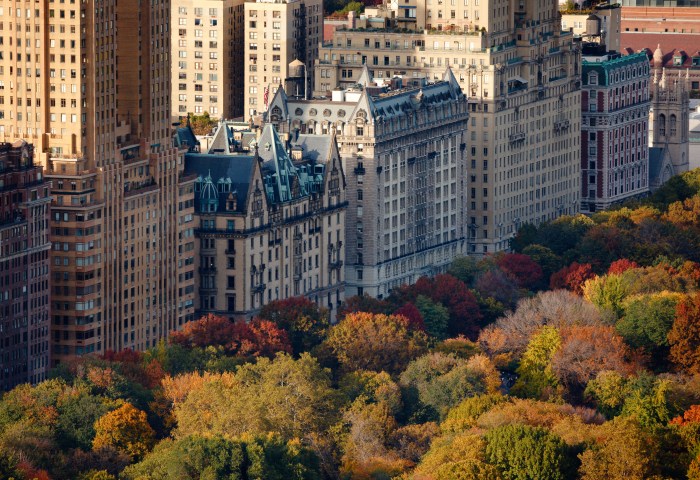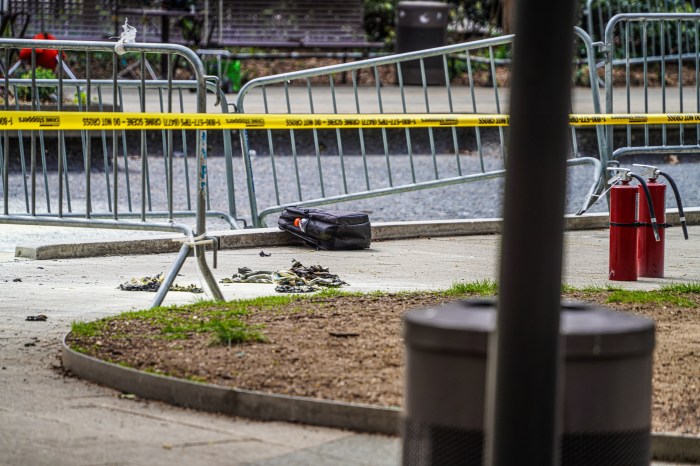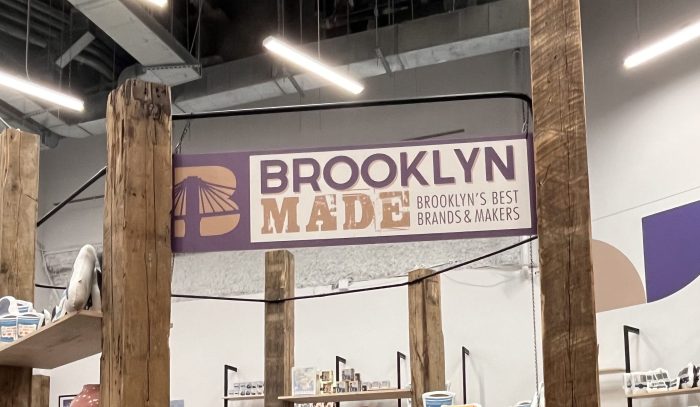
More than 1 million spectators are expected to line Fifth Avenue this Sunday for the 58th annual National Puerto Rican Day Parade.
For multiple generations, the day is an opportunity for New York’s Puerto Rican community to celebrate their heritage through music, dance and more with some 10,000 marchers.
“It really is an iconic institution for this community,” said Lorraine Cortes-Vasquez, the parade’s chairwoman. “There is so much pride around this parade, it’s emotionally stirring.”
The parade continues to grow, with more marchers set to participate this year than last, even as the city’s Puerto Rican community has steadily declined; for the first time, the Dominican population surpassed the Puerto Rican to become the largest Latino nationality in the city, according to a 2014 study by CUNY’s Center for Latin American, Caribbean and Latino Studies, with 747,4733 Dominicans in the five boroughs in 2013 compared with 719,444 Puerto Ricans.
For Cortes-Vasquez, the parade is an opportunity for New York Puerto Ricans to preserve their identity.
“It’s a struggle with identity for the Puerto Rican community. There’s the pride of both homelands, but it’s also a reality that your identity is constantly put in question,” she said. “I think that holding on to our identity and preserving our culture is very important, and that’s part of the power of this parade.”
The parade has also become a platform to highlight issues affecting the Puerto Rican community and the island. This year, the parade is raising awareness about the environmental, social and economic conditions of Cano Martin Pena, a nearly 4-mile-long canal in San Juan, and the surrounding area, as well as the call for amnesty for the Puerto Rican activist Oscar Lopez Rivera, 72, who is 34 years into a 75-year sentence for seditious conspiracy in U.S. federal prisons connected to his participation in the Puerto Rican nationalist group FALN. This cause has united Puerto Ricans of all political stripes, said Councilwoman Rosie Mendez, who is of Puerto Rican descent.
“So much of what happens on our island comes down to the three political parties, which are really based on status — people who want to become a state, people who want status quo and people who want independence — and there’s been just several times during my lifetime where issues have arisen beyond status,” said Mendez, who plans to march with the group 34 Mujeres por Oscar in the parade. “The request for releasing Oscar Lopez Rivera is a cry that’s coming from the people irrespective of political party affiliation.”
This year the parade has also awarded more than $60,000 in student scholarships, a number Cortes-Vasquez aims to increase to $200,000 by 2017.

















